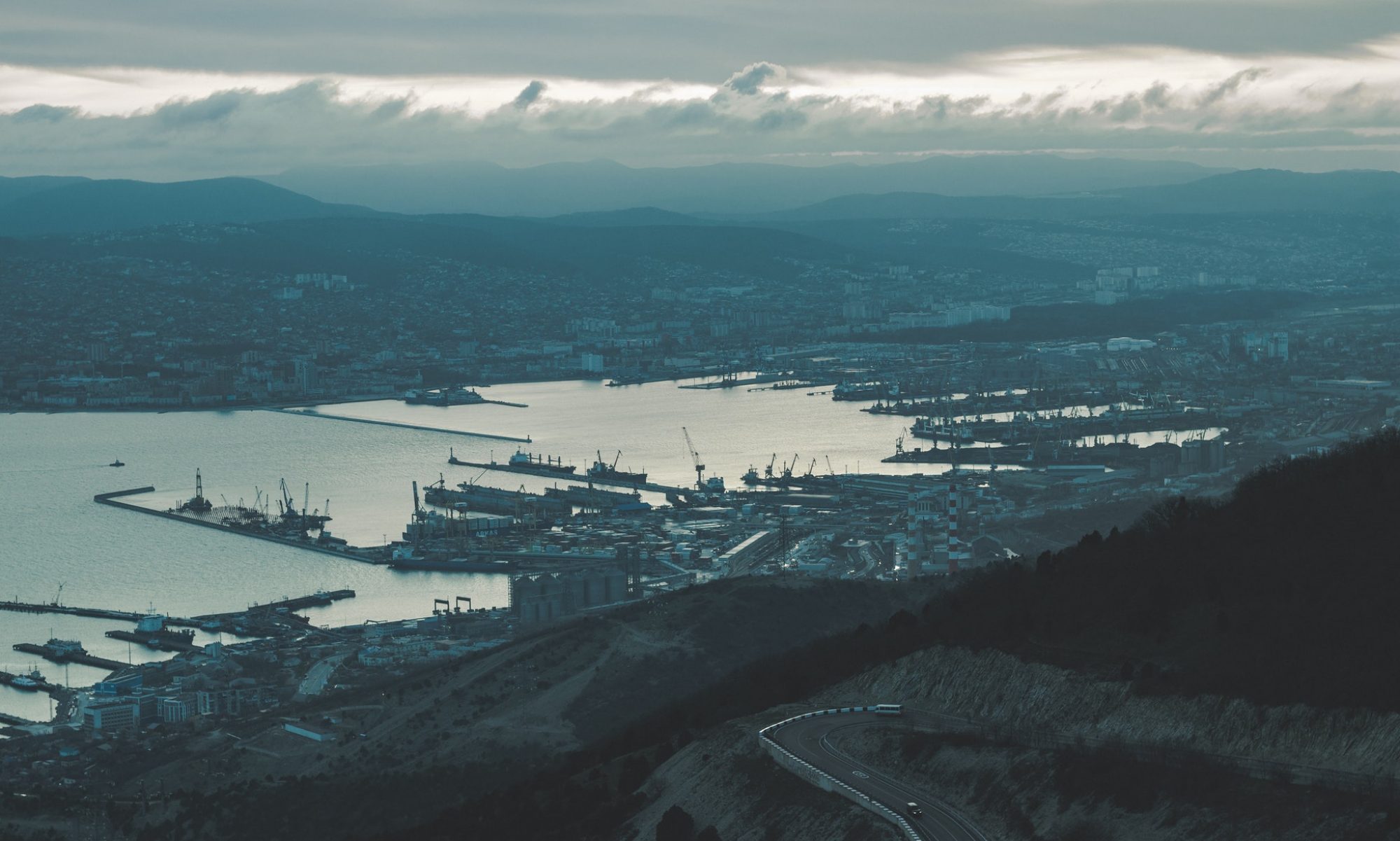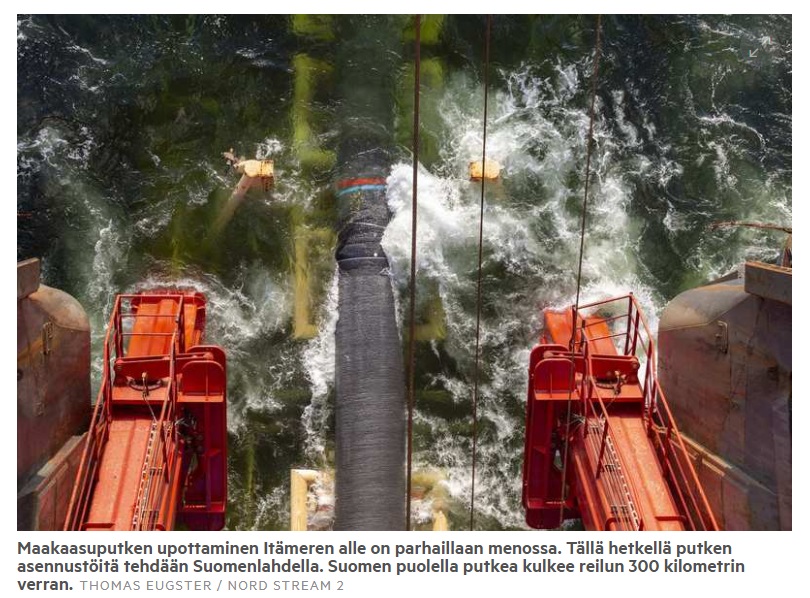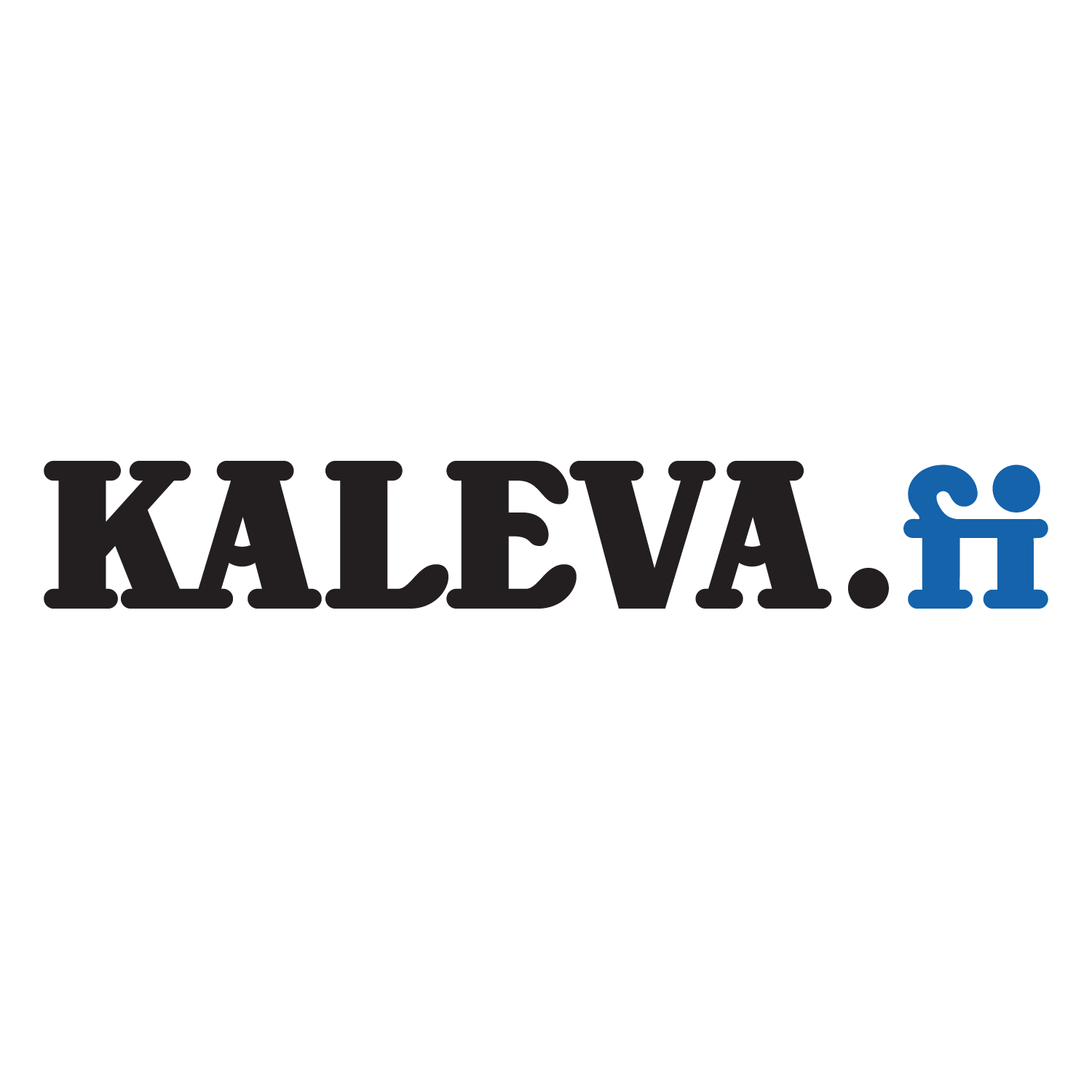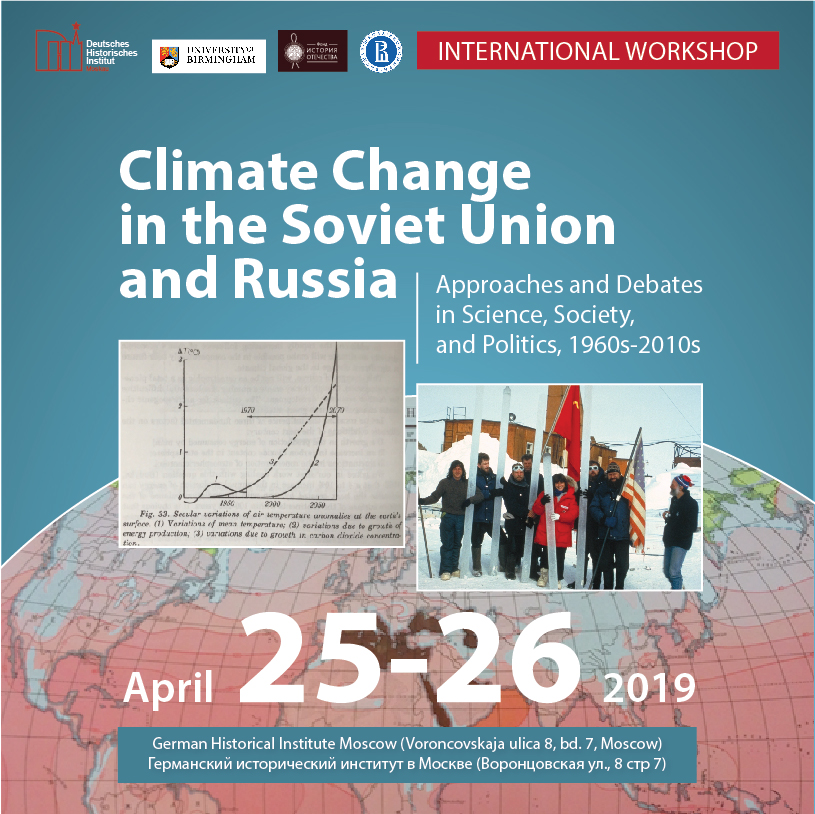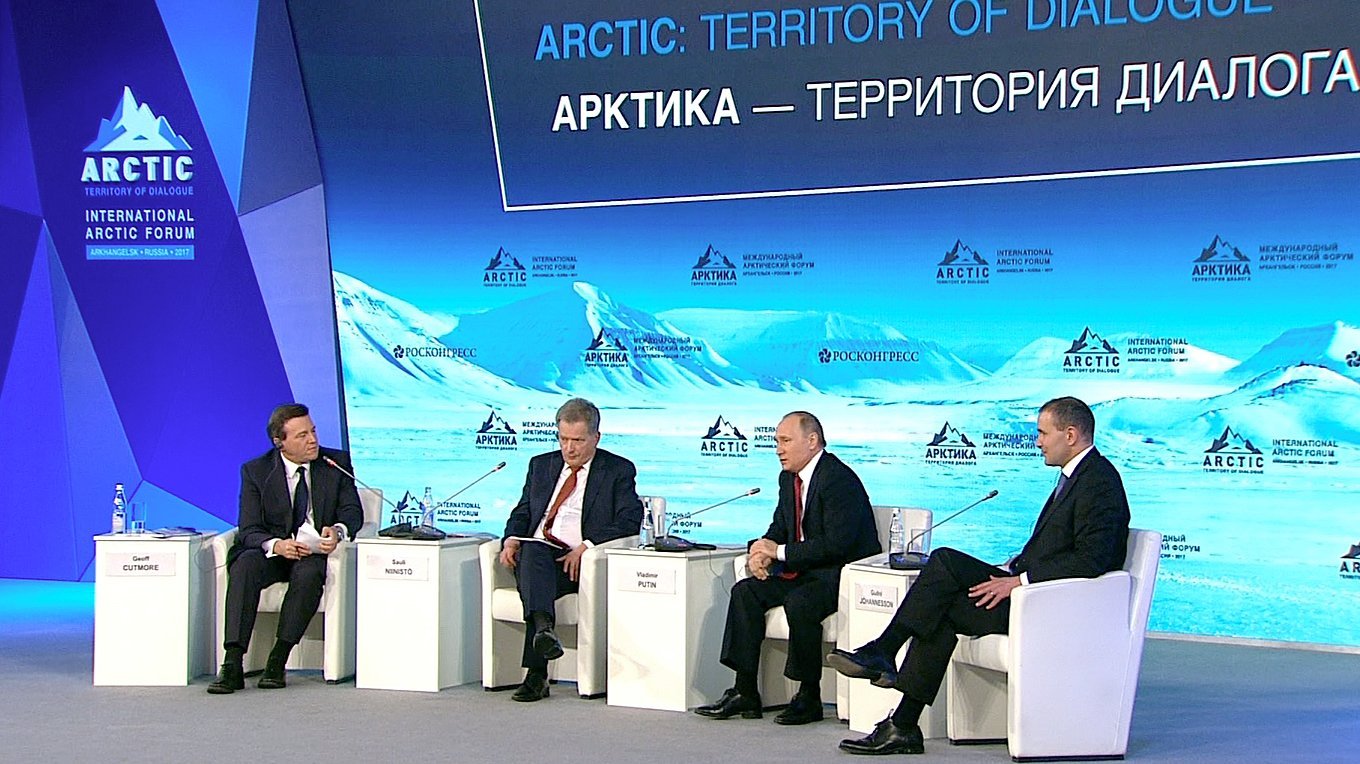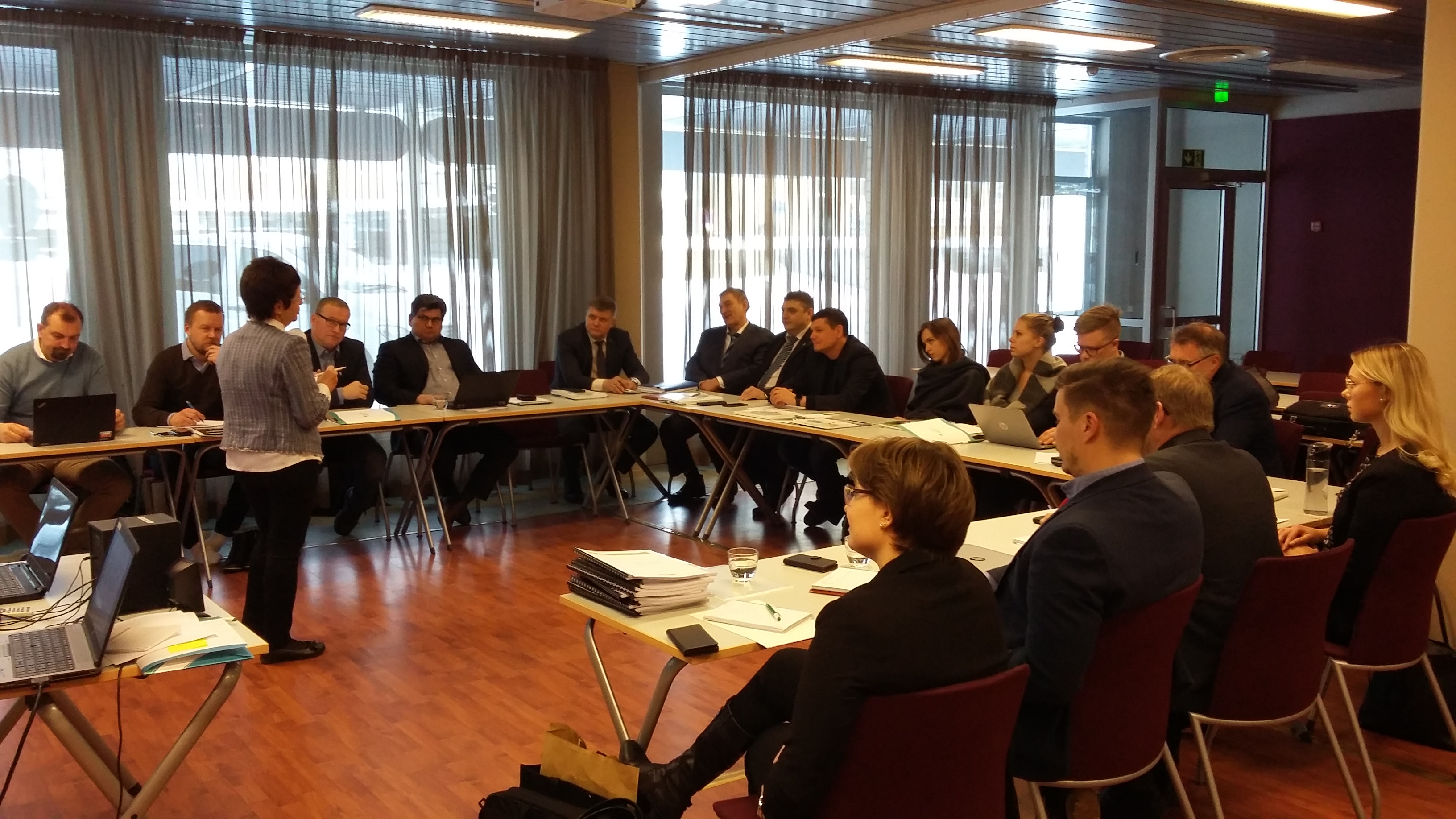A new article citing Professor Tynkkynen “EU ostaa liian lepsusti energiaa Venäjältä – Tutkija: EU-maiden pitäisi käyttää enemmän valtaansa ja asettaa tiukemmat ehdot energian hankkimiseksi” (The EU is buying energy carelessly from Russia – Researcher: EU countries should use more power and impose stricter terms for energy acquisition) was published in Lännen media newsroom.
The United States have once again announced their intention to put the Nord Stream 2 gas pipeline project on its sanction list. According to the criticism, Germany and Europe are becoming “prisoners” of Russia, as countries’ dependence on energy imported from Russia increases.
– Trump’s attention is in the right direction, but the means to reduce the dependency are wrong. The answer should be a stronger EU common energy policy, but Trump cannot propose that, says Veli-Pekka Tynkkynen, Associate Professor in Russian Environmental Studies at the University of Helsinki.
The article is written by Mina Akimo and can be read in Turun Sanomat, Kaleva, Satakunnan Kansa, and other newspapers of the production company.
